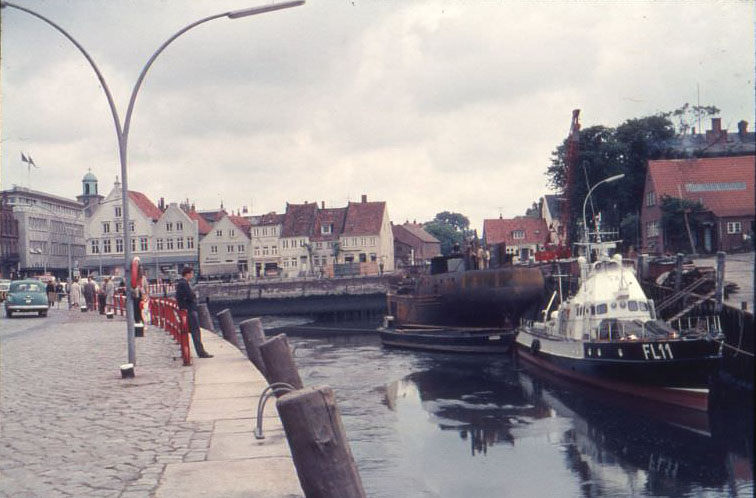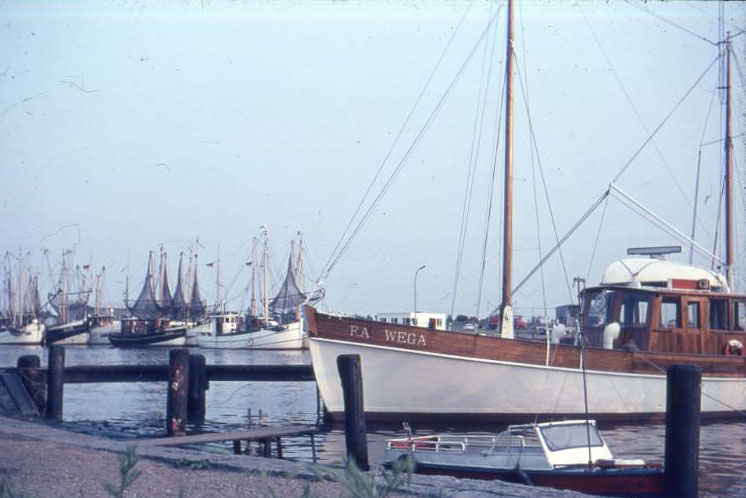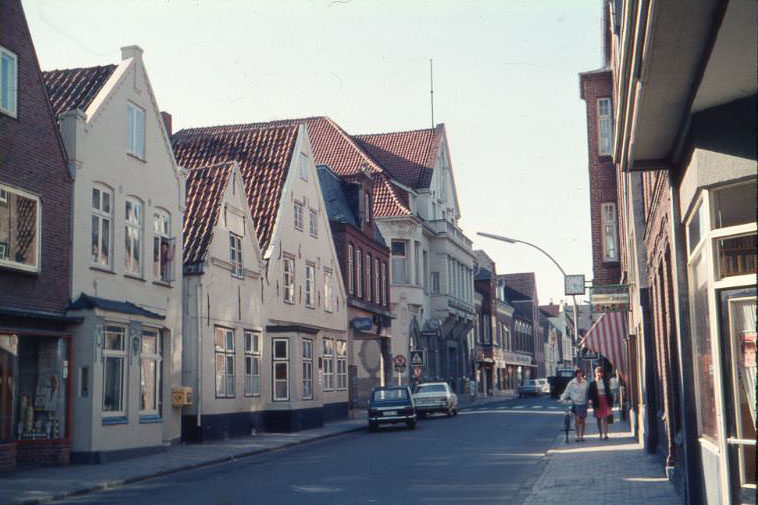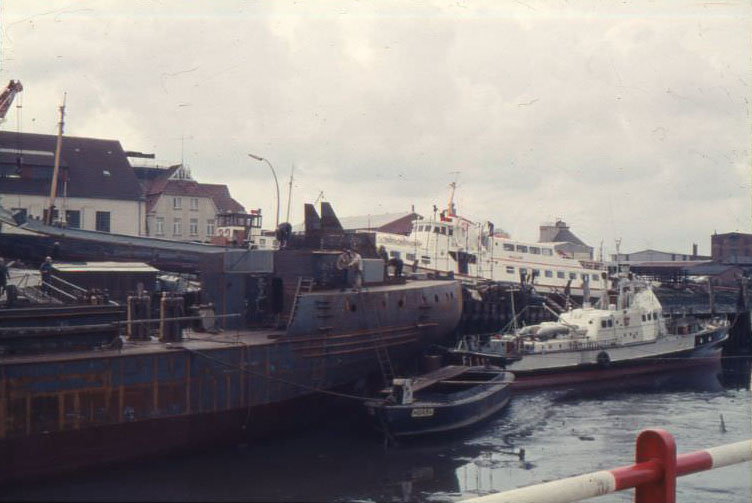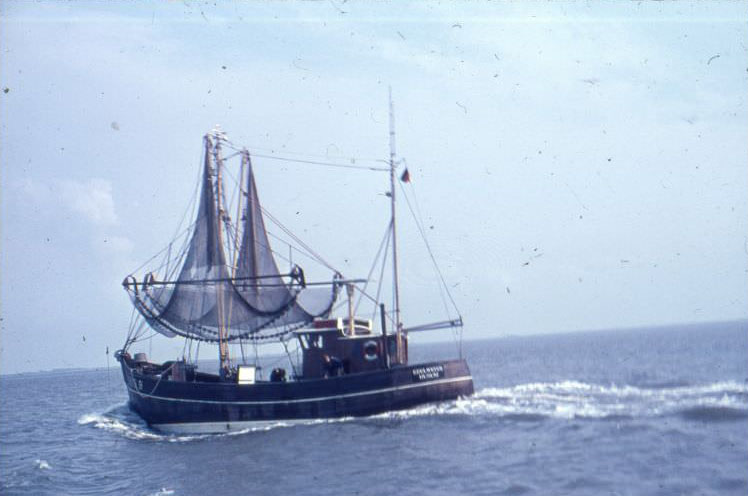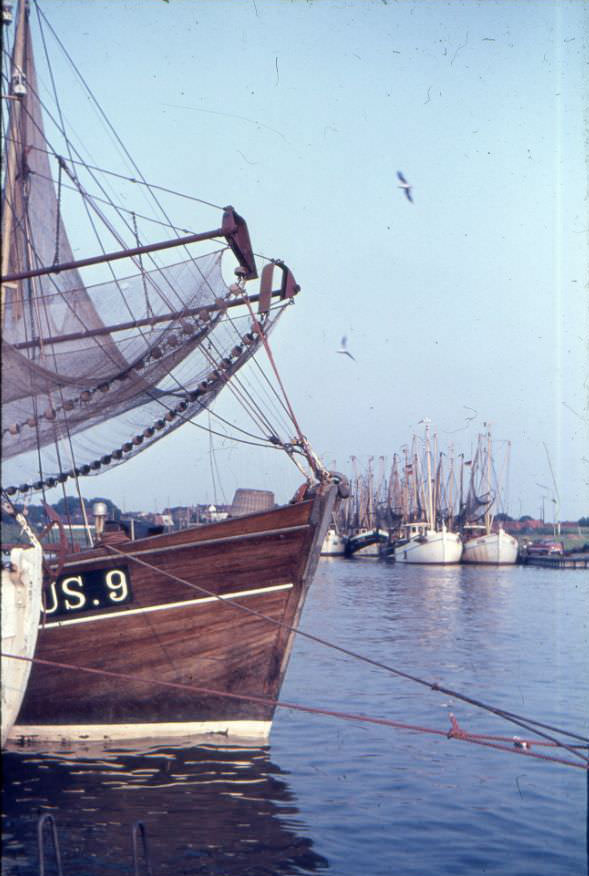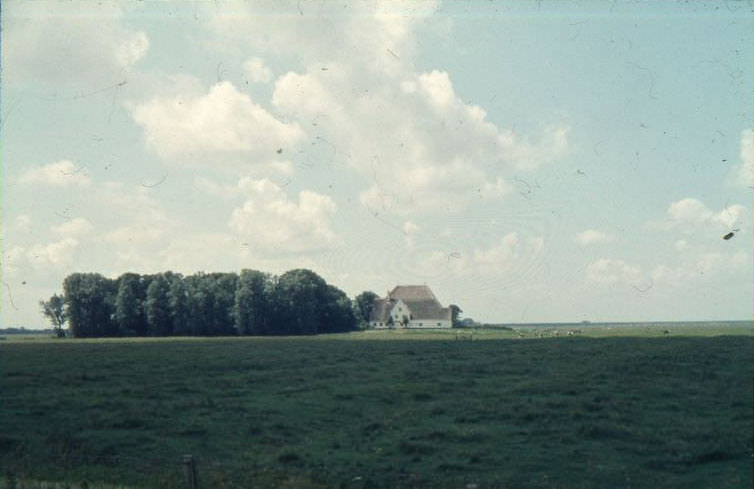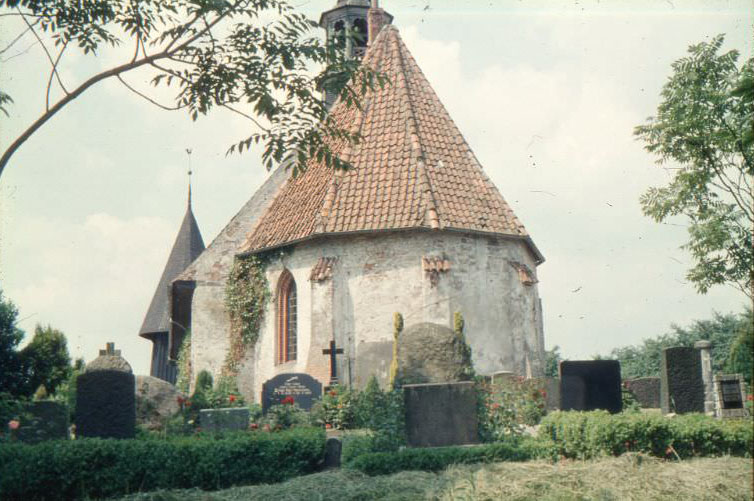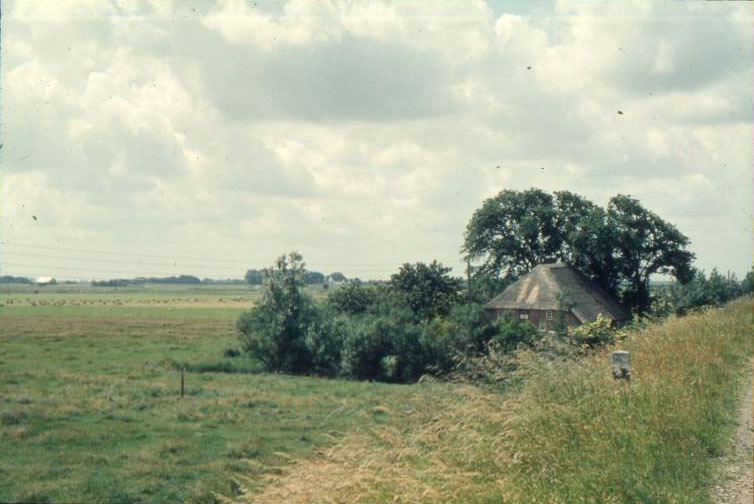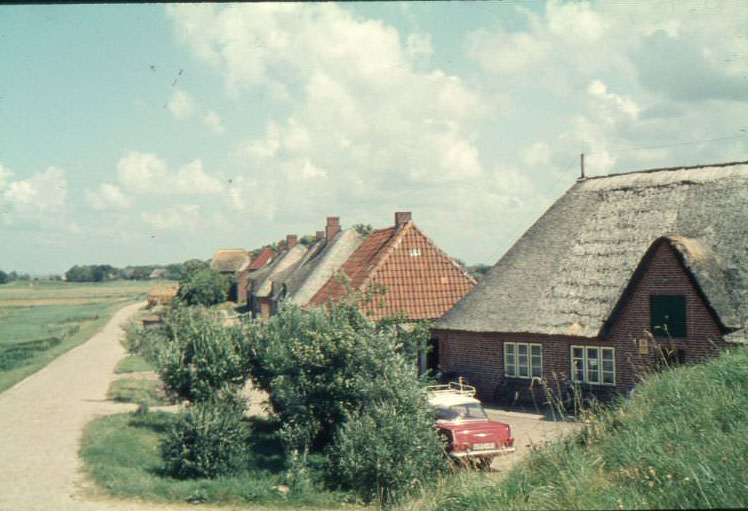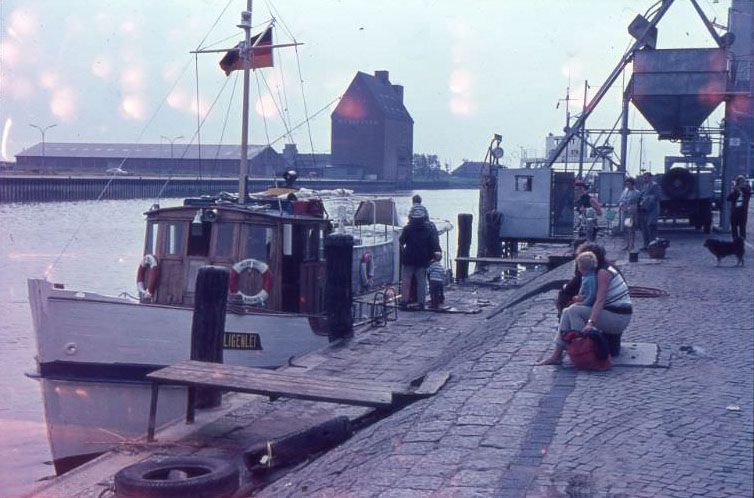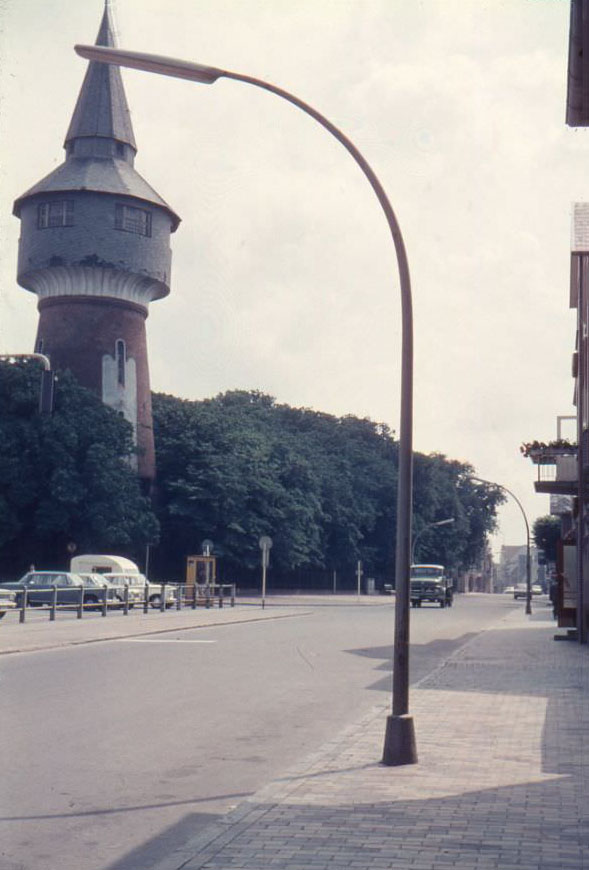Husum, a small coastal town located in Northern Germany, is known for its quaint charm and tranquil environment. Often referred to as “The Gray Town by the Sea,” Husum in the 1960s was a world away from the bustling cities of Berlin or Munich. It was a period of growth, development, and idyllic simplicity, offering a unique snapshot into German life during this time.
In the 1960s, Husum was not just a town; it was a close-knit community where everyone knew everyone. Its population was modest, and life was paced to the rhythm of the tides. The town was a beautiful tapestry of charming brick houses, cobblestone streets, the imposing St. Mary’s Church, and the picturesque Husum Castle, adding an element of historical grandeur.
Despite its quiet demeanor, Husum had a thriving economy, largely centered around agriculture and fishing. Farmers in the region worked diligently in their fields, growing grains and raising livestock. Similarly, the North Sea’s cool and teeming waters offered an abundance of fish, supporting a local fishing industry. The fish market in Husum was a place of lively activity, where freshly caught fish would arrive every day, bought by local residents and nearby restaurants alike.
Another significant part of Husum’s economy was its burgeoning tourism industry. The town’s tranquil charm, historic landmarks, and proximity to the North Sea started attracting a steady stream of visitors. Many tourists were drawn to the annual Crocus Blossom Festival, celebrating the arrival of spring with thousands of purple crocuses blooming in Husum Castle’s park. This natural spectacle became a defining event of the town, earning Husum the nickname “The Blossoming City.”
Culturally, the 1960s were also a rich period for Husum. The town’s most famous son, Theodor Storm, a renowned 19th-century author, continued to hold a profound influence. His works, particularly “The Gray Town,” helped shape the town’s cultural identity. The Storm House, where he lived and worked, was transformed into a museum, becoming a cultural hub for residents and tourists alike.


